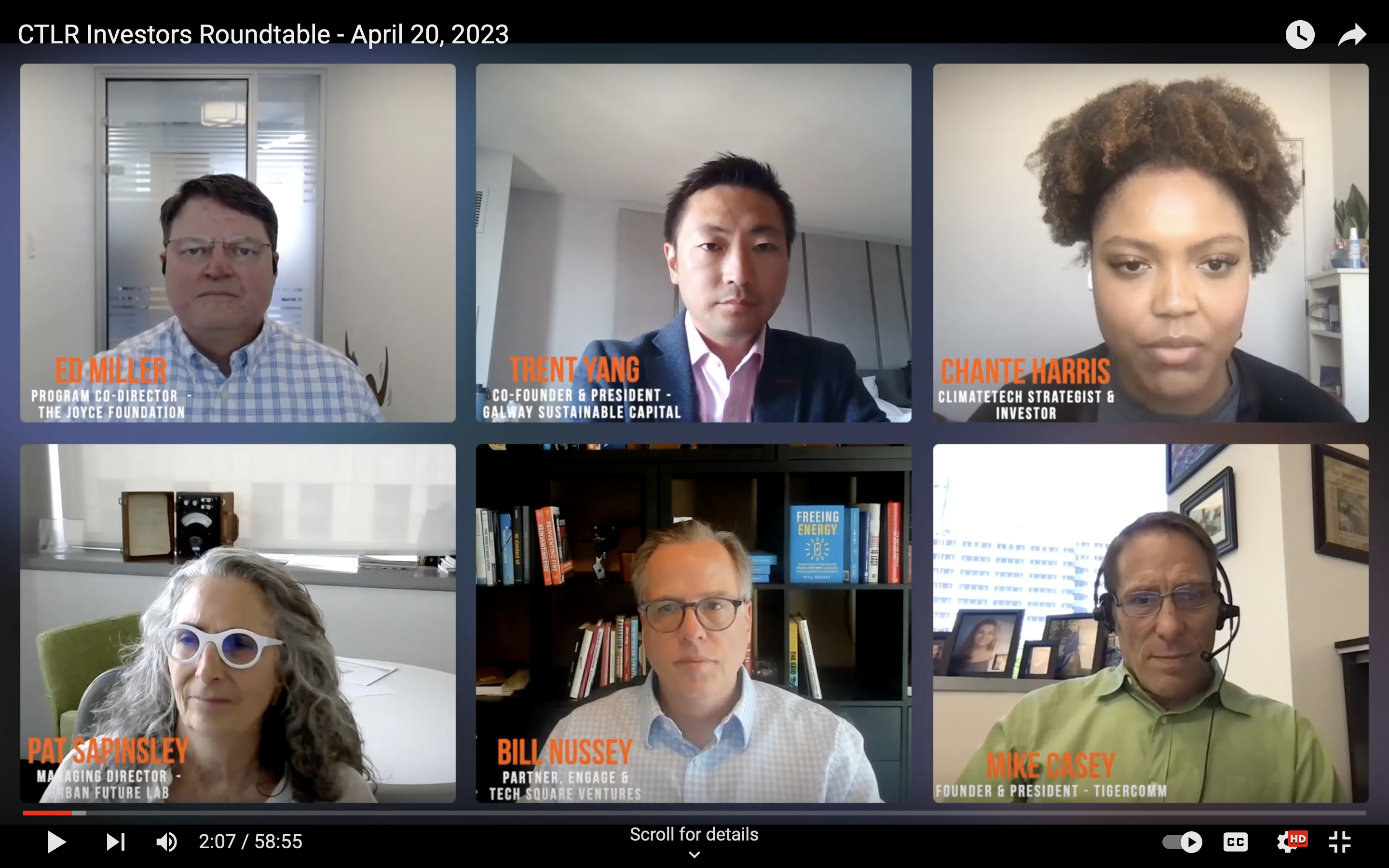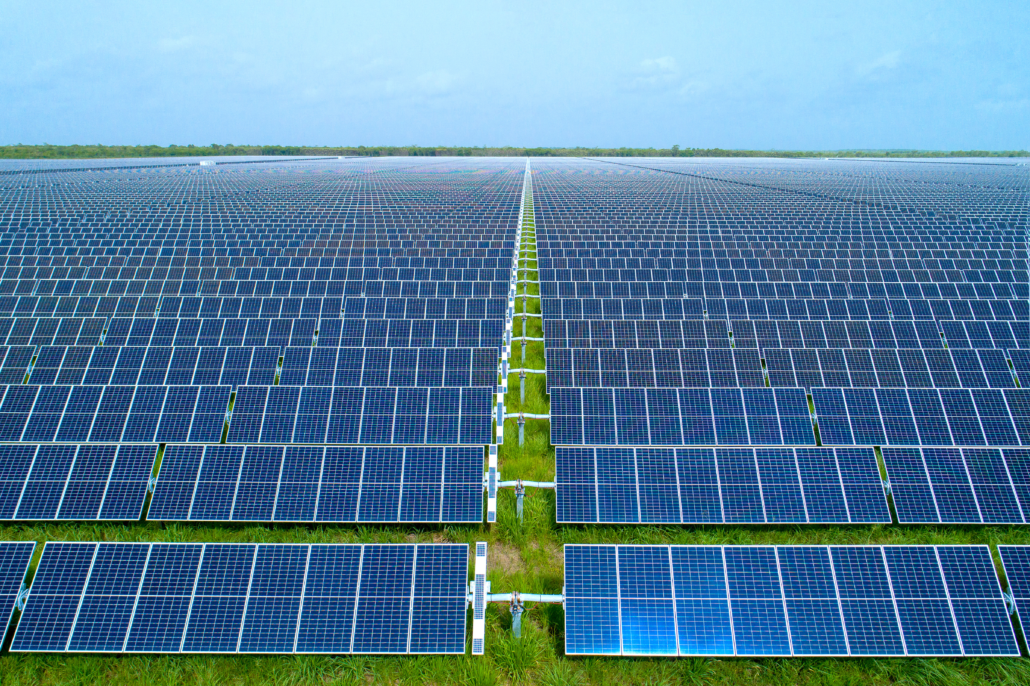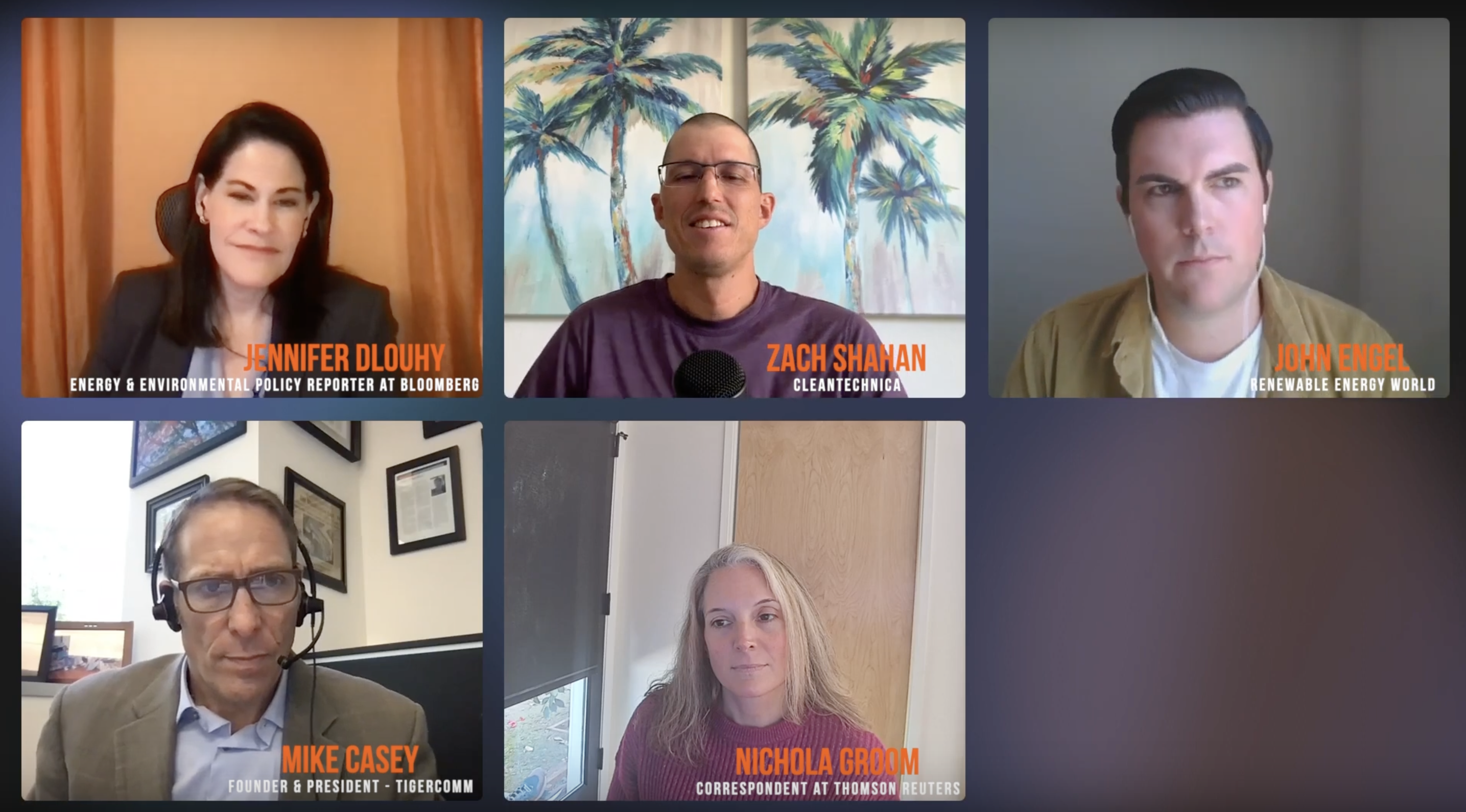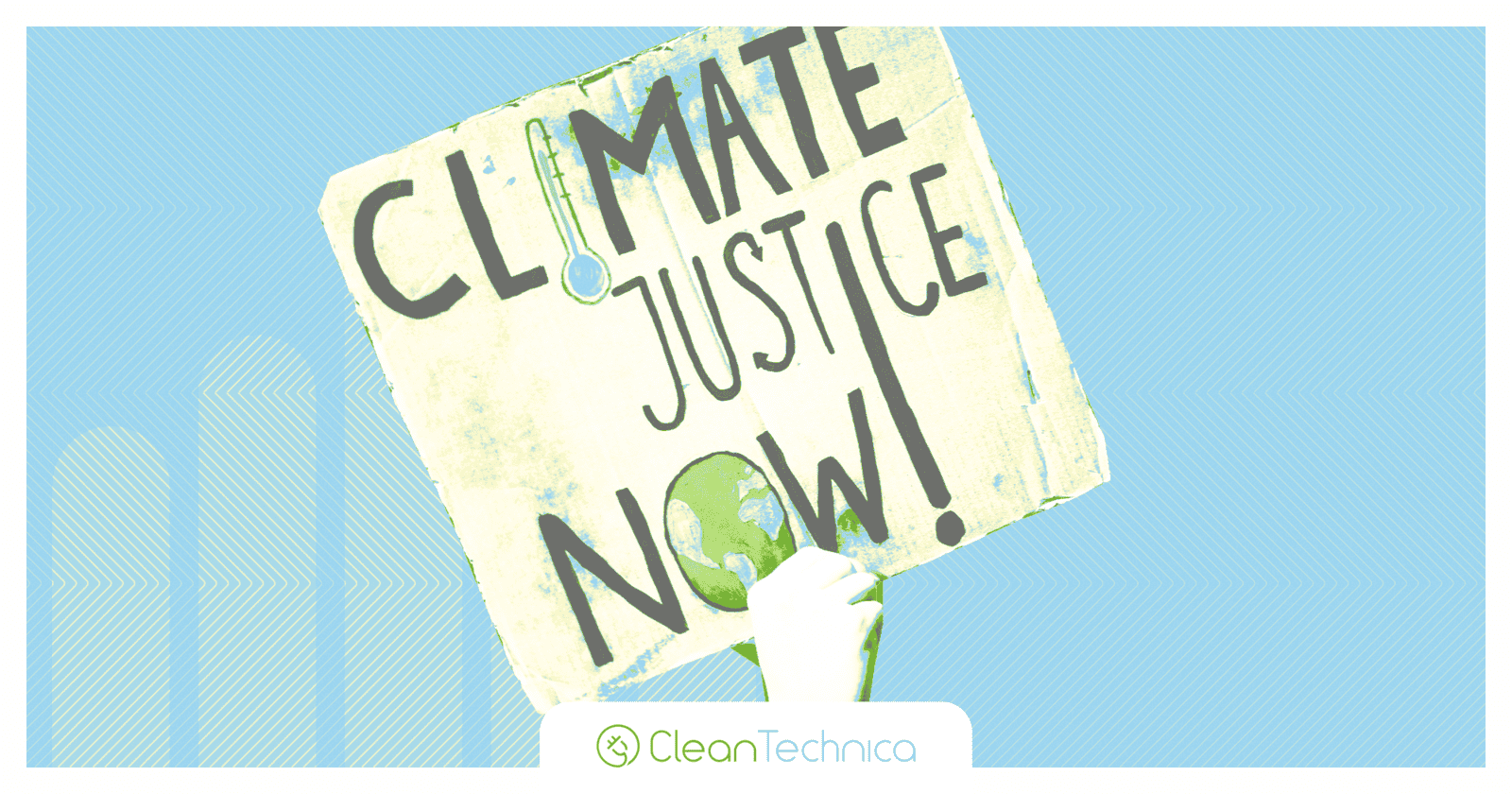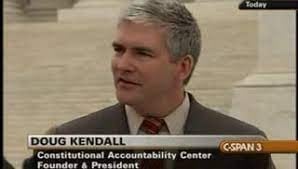Insights
Clean Energy Blog by Tigercomm
Expert Insights & Tips
This article was updated in October 2023 to reflect the most recent industry developments.
Continue ReadingAs we mark the one-year milestone of the Inflation Reduction Act, resistance to the clean energy shift is arising, significantly propelled by a gas industry...
Continue ReadingEpisode 22: Exploring Grasstops Campaigning in the Cleantech Industry with Expert Jonathan Drobis
#Cleantechers working in community engagement for projects – If you’d like to see how big-budget, mature corporations run their local public affairs, please...
Continue ReadingBy Melissa Baldwin and Mike Casey
Most clean economy businesses need to build profiles for both their company and individual members of their executive teams....
Continue ReadingWe recently completed our third investors roundtable working with our friends at CTLR (@Cleantech Leaders Roundtable). We had a great roster that included:
Continue ReadingBiggest solar project in South America opened by Atlas Renewable Energy and Nextracker
South America's Largest Solar Project
Quite the contrast this week.
While Yahoo News reported, "The head of the International Energy Agency issued a stark...
Continue Reading#Cleantechers, we hosted our 9th Quarterly Cleantech Editors and Reporters Roundtable in April. It’s hard to believe we’ve run these for over two years, but...
Continue ReadingYou might have seen this Washington Post story, “The Underbelly of Electric Vehicles,” which takes a critical view of EV production’s impact on people and the...
Continue ReadingThis article was originally published on Agility PR's Bulldog Reporter blog.
Request for Proposals (RFPs) are a long-standing tradition among companies and...
As a lot of you know, we convene quarterly roundtables for podcasters, journalists, and investors in the cleantech space. Today, I get the privilege of talking...
Continue ReadingThis article was originally published on CleanTechnica.
Continue ReadingA Tribute to Doug Kendall
I try to keep my content stream outward focused. There’s so much egocentric, “look at me” content online that I don’t see the point...



